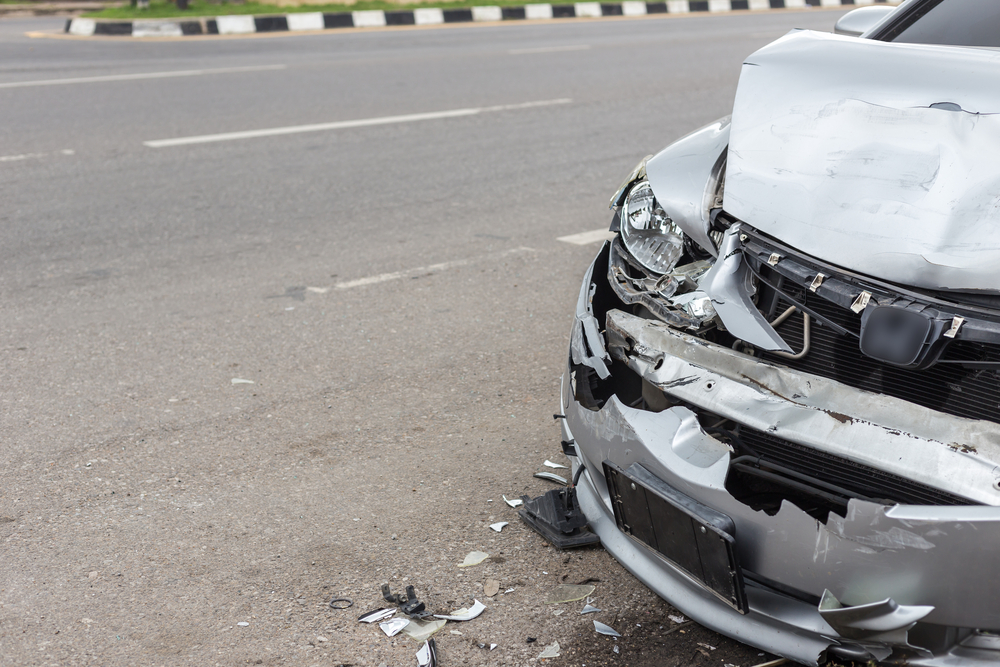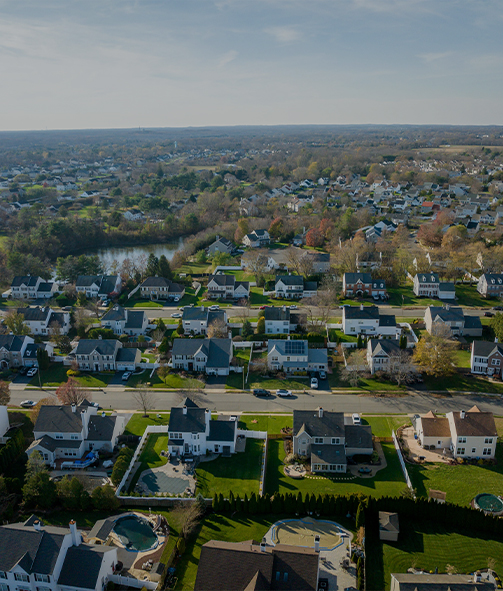
Car Accidents Caused by Brake Checking in New Jersey
New Jersey’s highways and byways are notorious for their congestion, and the frustration that accompanies long commutes or traffic jams can sometimes boil over into aggressive driving. Aggressive driving is a dangerous pattern of behavior on the road characterized by reckless behavior like excessive speed, lane weaving, or brake checking.
Reckless or aggressive driving, like brake checking, causes thousands of injuries on New Jersey roads every year. It’s also a common factor in fatal car accidents. Here’s what you should know about car accidents caused by brake checking, including your right to recover compensation for your injuries.
What Is Brake Checking?
Brake checking is an aggressive driving behavior that involves braking suddenly in front of another vehicle to force the other driver to slam on their brakes or swerve to avoid an accident.
This maneuver is often an escalatory response to tailgating, or another vehicle following too closely. A driver may brake check the other driver in an attempt to get them to back off or to “punish” them.
Brake checking is often seen in road rage incidents. Drivers may engage in many forms of reckless driving in response to frustration with another driver. They may speed and overtake another car just to pull ahead and brake check them in response to the other motorist’s slower speed, for example, or getting cut off.
Road rage and reckless driving are shockingly common. A 2023 survey found 92% of people had witnessed road rage in the past year. Further, 82% of drivers admitted to aggressive driving or road rage.
Is Brake Checking Illegal in New Jersey?
New Jersey traffic laws do not specifically name the practice of brake checking, but it is widely considered a form of aggressive or reckless driving. New Jersey’s reckless driving law prohibits a range of other dangerous driving behaviors on the roadway.
NJ Rev Stat § 39:4-96 defines reckless driving as operating a vehicle “heedlessly, in willful or wanton disregard of the rights or safety of others” in a way that is likely to endanger someone or their property. Reckless driving involves actions that are done knowingly and intentionally.
Based on this definition, brake checking is likely illegal in New Jersey. It may be punishable by a jail sentence of up to 60 days and a fine of up to $200 for a first offense.
In New Jersey, reckless driving is a step beyond careless driving, a less serious offense that involves simple negligence. Careless driving involves driving without due caution and care, but not intentionally dangerous behavior. Tailgating, when it isn’t done intentionally, is an example, but it can fit the more serious “reckless” offense if it’s purposeful.
In New Jersey, someone who causes bodily injury to someone else by driving recklessly can be found guilty of assault by auto.
Car Accidents Caused by Brake Checking
Brake checking can lead to a variety of accidents, with the most common being rear-end collisions. When a driver abruptly slows down or stops, the vehicle behind may not have enough time to react, especially if they are tailgating.
In multi-lane roadways, brake checking can be particularly catastrophic. When a vehicle unexpectedly slows down, it can cause a chain reaction where other drivers are forced to brake hard, leading to a pile-up. These situations often result in severe injuries and significant property damage.
Brake checking is a common form of aggressive driving in New Jersey. In 2020, dashcam video showing a car brake checking a school bus garnered media attention and a police investigation. The video showed a car speeding up to pass the school bus on the Garden State Parkway, then cutting directly in front of the bus and abruptly braking.
More recently, a Middlesex County man was charged after causing multiple road rage accidents over a three-month span. The man was charged with criminal mischief and three counts of endangering the welfare of others for intentionally causing collisions.
Who Is at Fault for a New Jersey Brake Checking Accident?
Determining fault in a brake checking accident can be complex. Typically, the driver of the vehicle that rear-ends another is presumed to be at fault. There are many scenarios in which the lead driver can be at fault for a rear-end crash, though. Brake checking is one of them.
New Jersey applies a modified comparative negligence rule to determine fault in personal injury cases. Under this rule, insurance companies and courts assign a percentage of liability to each party based on contributing factors in the crash, and compensation can be adjusted accordingly. Driver inattention, speeding, following too closely, and reckless behavior are common examples.
Brake checking is a form of reckless driving. When someone intentionally brakes hard in front of another driver and puts them in harm’s way, they will likely be found at fault for the crash.
If the other vehicle was following too closely, however, they will probably share some fault for the accident. If they were tailgating intentionally, their share of blame may be higher than if they were doing so carelessly.
Can You Recover Compensation for Injuries Caused by Brake Checking?
Under New Jersey’s no-fault insurance system, you make a claim against your own policy instead of the at-fault driver’s. Your personal injury protection (PIP) pays for medical expenses and lost wages up to your policy limit. Your policy will not cover non-economic damages like pain and suffering, disfigurement, and mental anguish.
You may be entitled to pursue a claim or lawsuit against the at-fault driver, but it depends on the type of policy you have.
A basic car insurance policy in New Jersey only includes PIP coverage, liability insurance, and uninsured motorist coverage. A standard policy also includes bodily injury liability coverage to pay for the medical bills of others if you cause an accident or you are sued.
If you have a standard policy, you have the option to choose between a limited or unlimited right to sue. If you have a limited right to sue, you can only pursue a claim for non-economic damages and losses exceeding your policy limits if you suffer a covered serious injury like permanent injury, amputation, displaced bone fracture, disfigurement, or the loss of a fetus.
With unlimited right to sue, you can pursue the at-fault driver for compensation with no injury threshold to meet.
To recover compensation from the at-fault party, you will need to prove liability. This can be challenging in brake checking accidents. Dashcam footage and witness testimony are the two best forms of evidence.
Schedule a Free Consultation With an Experienced Car Accident Lawyer at Clark & Noonan, LCC
Proving liability in brake checking accidents and successfully recovering compensation is notoriously complex. If you have been hurt in a crash caused by brake checking, an experienced Monmouth County car accident lawyer can help you understand your options. Contact us at Noonan & McMahon, LLC to schedule a free case review today.
Noonan & McMahon, LLC – Freehold Office
35 Court St 1A, Freehold, NJ 07728
(732) 515 3996
